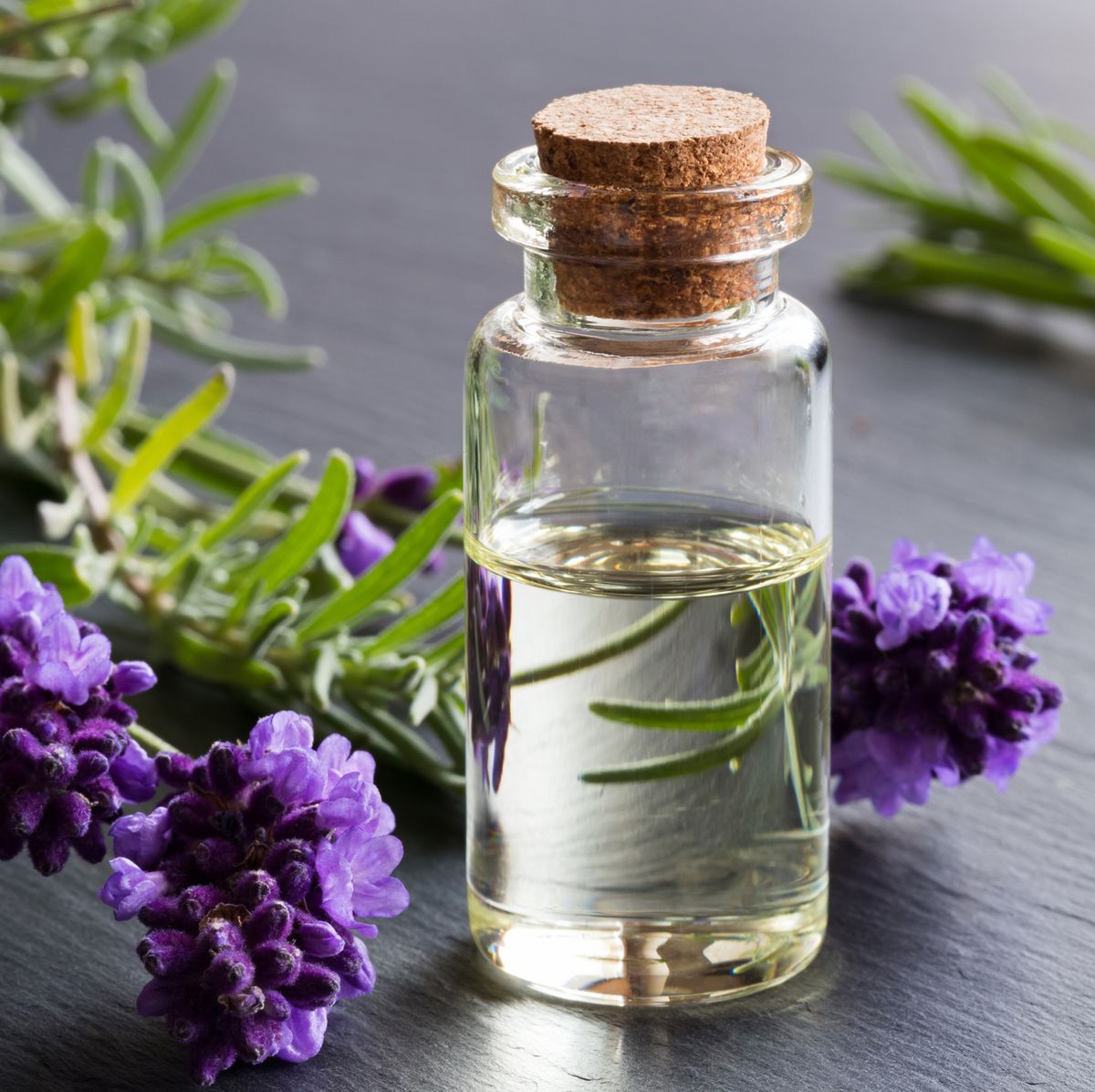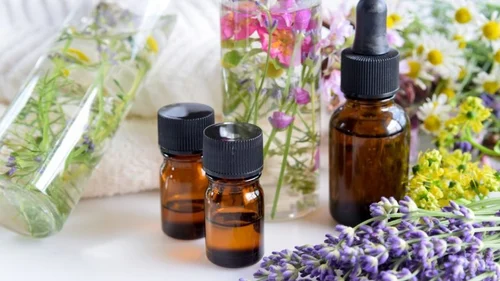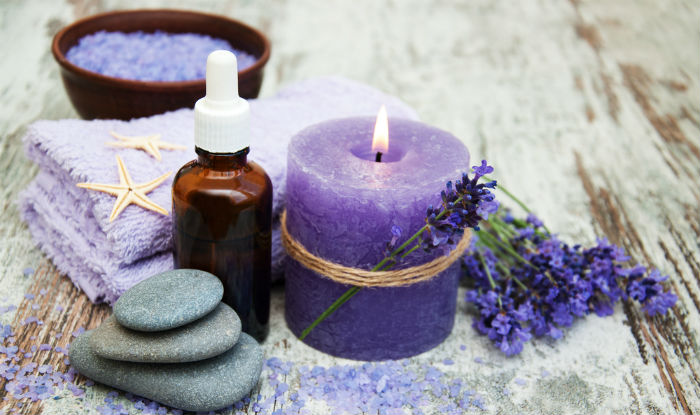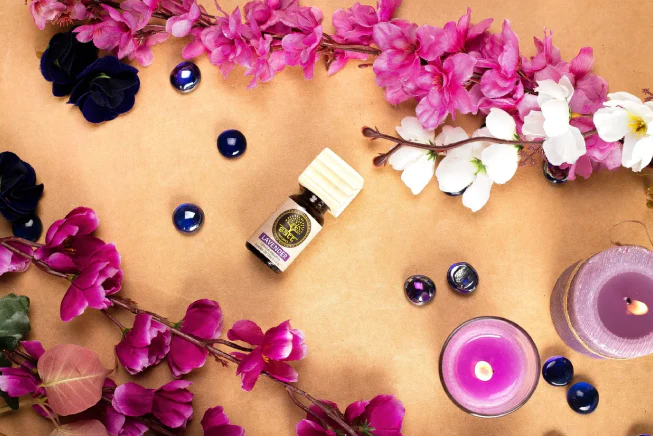Essential oils come in more than 90 distinct types, each with a unique use and aroma. Professionals who practise naturopathy and other complementary and alternative therapies utilise them.
Some essential oils for stress and anxiety are listed below:
1. Rosewater.
Its relaxing flowery scent, which eases tension and anxiety, makes it one of the finest essential oils for anxiety. It is well recognised for easing stiffness and joint pain as well as promoting hair growth.
Read More: How this breathing technique might help you get quick and better sleep.
2. Lavender Oil.
It is a well-known essential oil for reducing anxiety and is also effective for treating insomnia. It has a number of functions and helps lessen discomfort. It is relaxing and energising to use lavender oil.
3. Sandalwood Oil.
For its scent, as well as for lowering anxiety and promoting sleep, it is incredibly popular.
4. Jasmine Oil.
An oil with a pleasant scent is used as a stress reliever and has the power to treat inflammation and dry skin as well as slow the ageing process.
5. Infusion of Peppermint.
It is used to treat headaches and irritable bowel syndrome. Peppermint oil can help migraine sufferers by applying it to their temples. Additionally, peppermint oil’s aroma might lift your spirits.
6. Roman Chamomilla Oil.
It works wonders to ease tension and improve mood. Depression and other mental illnesses are routinely treated with it.
Are Essential Oils Really Effective?
Yes, folks who are suffering anxiety, fear, or panic can benefit from using essential oils. It is widely accepted that every way to use essential oils—whether topically, orally, or through aromatherapy—or, in some cases, internally—offers special benefits for the mind, body, and soul.

According to Oxford Research, one of the numerous benefits of aromatherapy is its effectiveness in maintaining sleep in stressful conditions. Additionally, it has been demonstrated that essential oils can minimise the negative symptoms of anxiety, such as mood swings, severe acne outbreaks, and hair loss.
Many people like using rose oil since it is well known as a stress-relieving essential oil.
Benefits of Essential Oils for Health:
Plant extracts make up essential oils. The components that give out a perfume are extracted by steaming or pressing various plant parts, such as flowers, bark, leaves, or fruit. The following situations call for the usage of essential oils:
1. Anxiety and stress
According to studies, utilising essential oils can lower stress. Your brain sends messages to particular emotions that make you feel happy when you inhale essential oils.
Massages with particular essential oils help to relieve stress and tension in significant amounts. When you have a massage, using essential oils calms you down and significantly reduces tension and anxiety.
2. Sleep Issues
Lavender oil inhalation can improve the quality of sleep, particularly after childbirth.
3. Migraine
Recent studies have demonstrated that combining peppermint and lavender essential oils might ease headaches.
4. Strong Hair
A peppermint oil treatment may be beneficial for both oily and dry hair. Better blood flow benefits the scalp’s regions, which promotes healthier hair development.
Lavender essential oil assists to deeply condition hair in addition to keeping it shiny and attempting to lessen dandruff.

5. Skin Nutrition
Deep nutrition and skin healing are provided by essential oils. Lavender oil and tea tree oil can reduce irritation and inflammation brought on by skin conditions including acne, eczema, burns, and insect bites thanks to their anti-inflammatory properties. It lessens wrinkles, which enhances the look of the skin.
Certain essential oils can help to lessen skin irritation and inflammation. You can lessen discomfort and swelling by applying diluted essential oil straight to the injured region.









